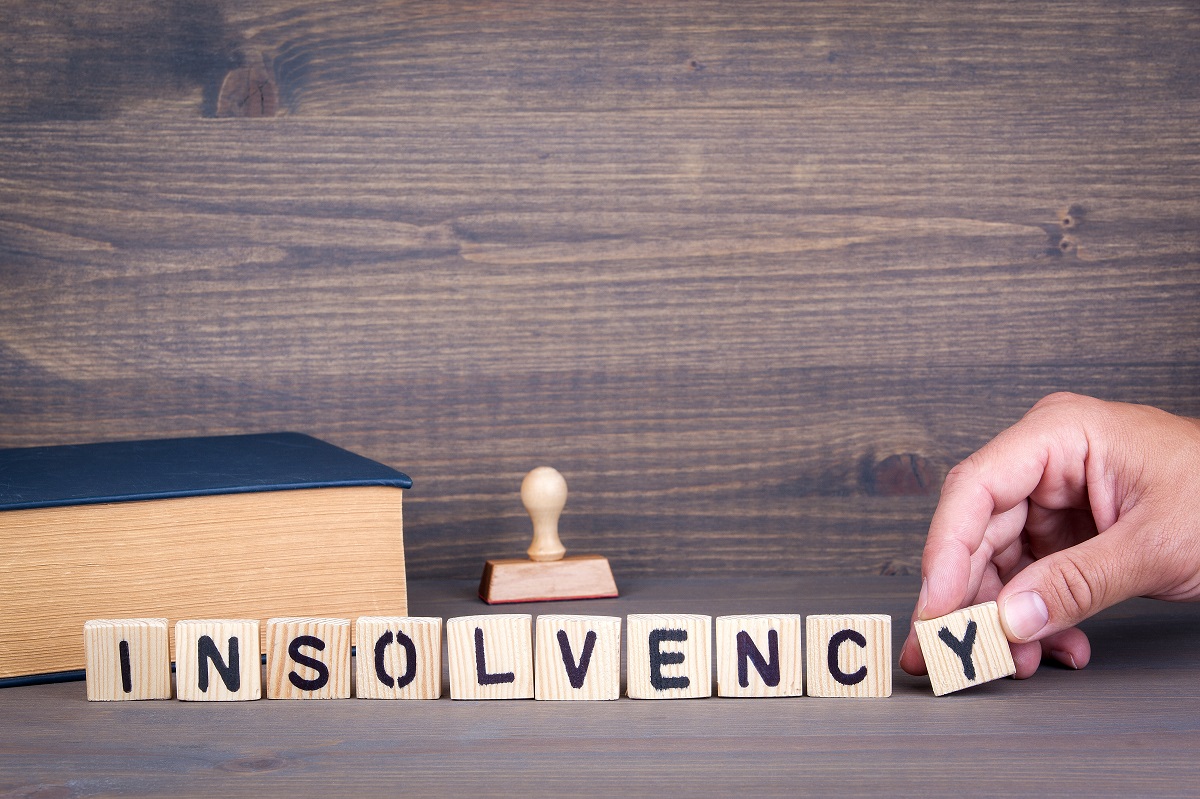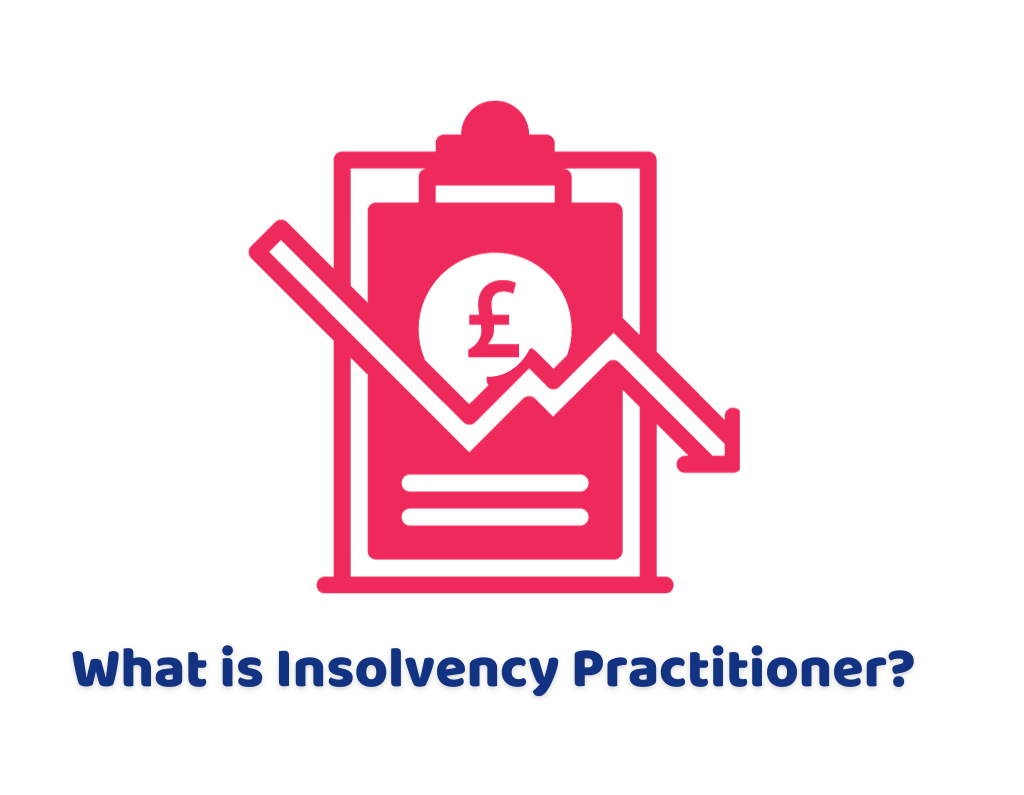About Insolvency Practitioner
About Insolvency Practitioner
Blog Article
The 10-Second Trick For Insolvency Practitioner
Table of ContentsInsolvency Practitioner for BeginnersOur Insolvency Practitioner DiariesLittle Known Questions About Insolvency Practitioner.Insolvency Practitioner Things To Know Before You Get ThisHow Insolvency Practitioner can Save You Time, Stress, and Money.
Whether you need to use a bankruptcy expert (IP) to liquidate your business relies on various factors. While involving a bankruptcy expert for all types of liquidation is not a legal demand, doing so can often simplify the procedure and guarantee compliance with legal needs. Liquidating a company is an essential choice that features considerable consequences.
It is a procedure used when a firm does not have any kind of financial institutions, or all of their lenders can be repaid in full with statutory rate of interest. Comprehending the different types of insolvency processes can aid you figure out the most effective training course of action for your firm's liquidation or various other formal insolvency treatments itself.
This is mandatory in order to stick to lawful requirements - Insolvency Practitioner. This is because IPs have the needed certifications and experience to ensure that the liquidation process is carried out in accordance with all relevant regulations and guidelines. By engaging a licensed bankruptcy professional, you can have comfort recognizing that your firm's liquidation procedure will certainly be taken care of professionally and in conformity with the pertinent lawful needs
The 7-Minute Rule for Insolvency Practitioner
The insolvency specialist is assigned as a liquidator and is in charge of taking care of the firm and liquidator's debts superior responsibilities and assets. This process entails liquidating the company's assets and distributing the profits to financial institutions. Upon completion of the process, the company is eliminated from the register at Business Home.
Stopping working to do so can result in individual liability for the business or supervisor for the creditor's debts. Voluntary liquidation, that includes Lenders' Volunteer Liquidation (CVL) and Participants' Voluntary Liquidation (MVL), is initiated by the company's supervisors and investors when they can no longer pay their debts. In a CVL, the bankruptcy specialist is assigned as the liquidator, in charge of managing firm debts and all company assets.

Getting The Insolvency Practitioner To Work
By analyzing the expertise and experience of prospective bankruptcy professionals, weblink you can guarantee that you select a professional who has the essential credentials to handle your company's liquidation procedure properly. While bankruptcy practitioner-led liquidation is usually the most appropriate program of action for business facing bankruptcy, there are different techniques to think about, such as striking off and partial liquidation.
It's important to review all offered options prior to selecting the next best remedy or program of action for your business. Striking off firms' registers is a much more straightforward and affordable means to shut inactive or small business with no debts or assets. To strike off a business, its name is removed from the Business Residence register by sending form DS01.
Prior to opting for striking off, it's crucial to weigh the advantages and disadvantages of this method and consider whether it's the ideal selection for your service. Partial liquidation is an additional option to insolvency practitioner-led liquidation, in which a company sells off certain properties and obligations while continuing to operate with the continuing to be possessions and obligations.
A Bankruptcy Expert will certainly have the ability to advise you of the best strategy to take and make certain that everything runs efficiently. It is not feasible to sell off a firm without a liquidator. Selecting an authorised insolvency practitioner is required for the procedure of volunteer liquidation to start.
Some Of Insolvency Practitioner
It is feasible to shut and liquidate your business without utilizing a liquidator, supplied your firm is solvent and you satisfy the qualification requirements to dissolve or liquidate it. If your company is bankrupt, you might be required to make use of a liquidator and begin official insolvency treatments. Below are some other informative posts pertaining to business liquidation in the UK:.
Being in a placement where you're unable to pay your business's lenders is incredibly difficult. In an effort to stay clear of raising the degree of financial obligation, numerous business try to discuss straight with their lenders and consent to a casual setup. If the financial debt is quite tiny and owed to one creditor, and the financial institution is being participating, becoming part of an casual financial obligation arrangement is possibly the ideal remedy, rather than searching the internet for 'an insolvency expert near me'.
On the other hand, if there are numerous financial institutions and the degree of debt is huge, lenders may not be so willing or cooperative. To avoid liquidation or bankruptcy, it is much better to hire an insolvency practitioner to prepare official propositions and negotiate with financial institutions in your place.
How Insolvency Practitioner can Save You Time, Stress, and Money.
Whilst it is a means to manage financial obligation, useful content there are considerable risks involved with this sort of financial debt plan - Insolvency Practitioner. If a creditor agrees to participate in an informal plan (IA) whereby the borrower has accepted make routine, if lower, payments to repay the financial debt, it's crucial to adhere to the contract

The creditor is within their legal rights to back out of the agreement and application the courts for your firm to be liquidated at any type of time. An official plan that has actually been proposed by an insolvency practitioner on your part, and agreed by a lender, supplies a much more secure option.
Report this page